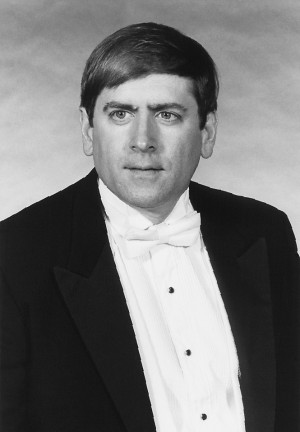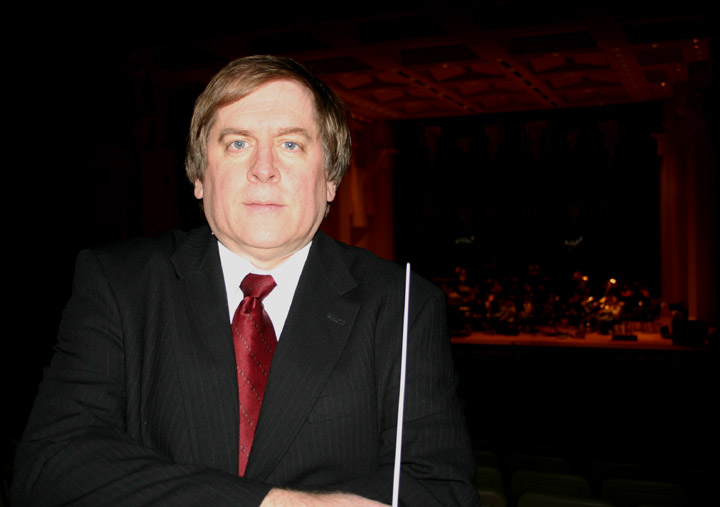
Courtesy Photo
By Connor Yearsley
Reporter
Stephen Heyde is the conductor of the Baylor Symphony Orchestra and the Waco Symphony Orchestra and is a prominent figure in the School of Music.
Sitting down with him, the Lariat learned about his views on the progression and future of music, as well as its role in peoples’ lives.
Q: What major changes in orchestral music, if any, have you noticed in your lifetime and what do you attribute those changes to?
A: I believe that there is more interest in newer music now. And I think that’s indicative of the fact that people want something fresh and new, in spite of still enjoying the older works. It’s only been in the last 15 years or so that music has become so mobile. They love Brahms and Beethoven, but they have it on their iPods already. So, while they still enjoy those pieces, it’s not quite the same treat it was to hear a Brahms symphony live. When they come to a concert, they like to hear something new that attracts them. Another change in orchestras: I think orchestras are starting to understand they have to be a part of the community and interact with that community, which means there’s a lot more outreach. So, to be successful, orchestras can’t just stay in their auditoriums and dress funny and count on the audience coming to them.
Q: Why do you think a lot of 21st century music is so dissonant, often with no semblance of melody and little to no harmony?
A: I wouldn’t entirely agree with that assessment. I think what you’re describing is the music of 30 years ago. I think there’s more dissonance for sure. Life has become more dissonant. Our ears have been stretched… Music that people found outrageous 50 or 60 years ago is now going on in the background of movies. What you’re describing is music that alienated people, and if they can’t find some accessibility, they’ll reject it… It didn’t connect with them emotionally…There has to be something of redeeming value for people to accept it.
Q: Are you encouraged or discouraged by symphony attendance in recent years, especially in relation to young people?
A: I’m generally encouraged.There are regions in the world that are enormous hotbeds of interest in classical music. I would say the Scandinavian countries and Asia. I also think there are many young people who are developing sophisticated listening capabilities. I don’t think our audience is getting older. In fact, I think they’re getting younger… I think people who want to drink from the banquet of life want to experience these things.
Q: In relation to art and music, some people say there are no new ideas under the sun. Do you agree or disagree with that statement and why?
A: I kind of agree with that. I think there are new expressions of old ideas… I don’t really think there are too many things new in life, not just in art.
Q: What role do you think music should play in people’s lives?
A: It’s not for me to say. The only thing I wish, because music already plays an important role in everyone’s life, is for people to recognize it… There’s some type of music that people need to get through their day… Whatever you need, music is probably playing a role in your life. I think it can play a bigger role. It’s a lot more important than most people realize.
Heyde also talked about the idea that music is in the ear of the beholder and that it should speak for itself, saying it’s not his place to tell people what to think. He talked about his belief that music can help with almost any circumstance, but that it can also have negative effects in the wrong situations. He expressed encouragement by the adventurousness and curiosity he’s noticed in young symphony-goers.






